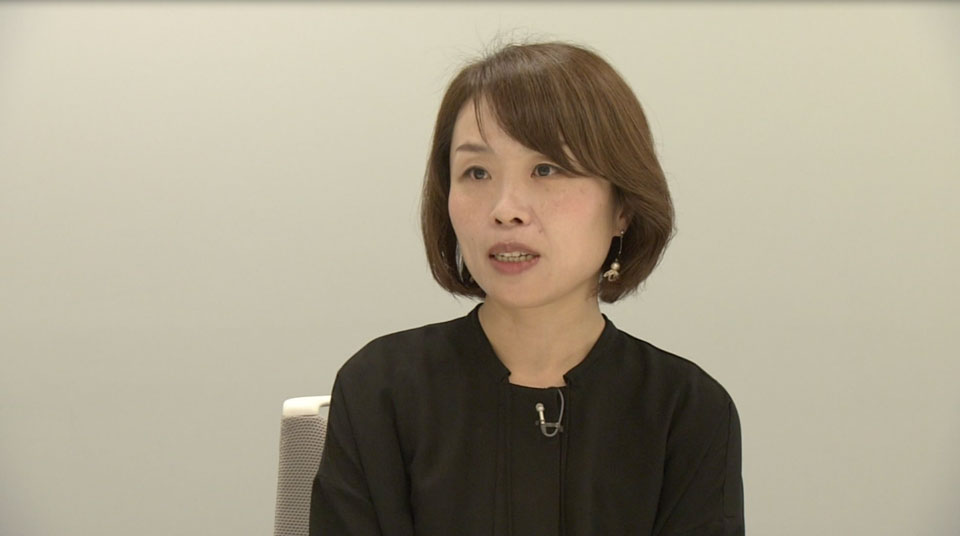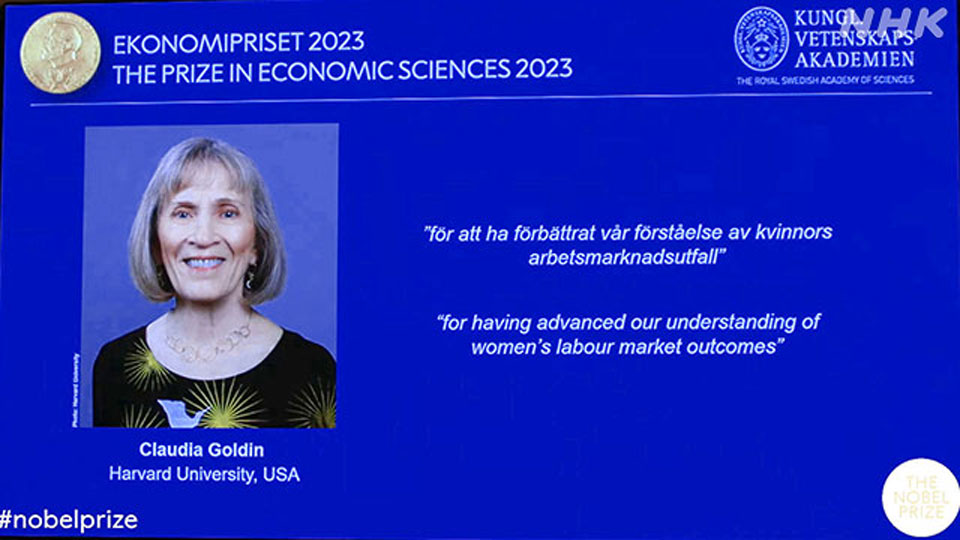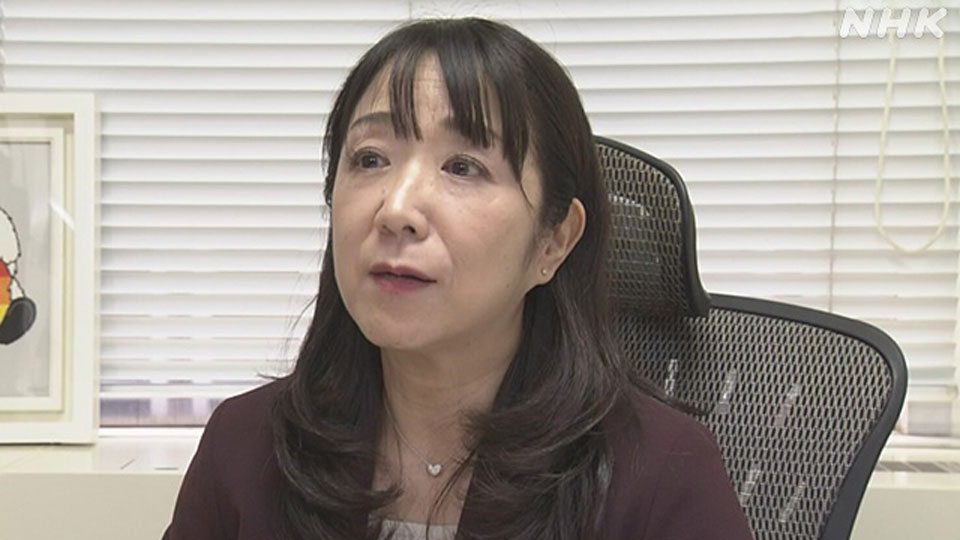Self-disclosure
The Tokyo-based operator of Japan's biggest flea-market app said an internal audit had uncovered a company-wide average wage difference between men and women of 37.5 percent. Executives attributed the yawning gap mainly to the fact there are more men in management, engineering, and other high-paying positions.

Harder to explain was the average 7-percent difference in pay between male and female employees performing the same work at the same grade.
Cho Aiko oversees a team at Mercari that aims to ensure diversity and inclusion at the company. She says the revelation came as a shock.
"The evaluation and compensation system at our firm has improved a lot over the years," she says. "We were proud of how fair the system was, so we honestly didn't think it was possible to have such a big pay gap."

In a troubling sign for workplace practices nationwide, Mercari's audit showed that more than 90 percent of the company's employees were mid-career hires, and that there was already a gender wage disparity when they joined. Under the hiring process at Mercari, the firm determines a new employee's pay package by reference to their previous salary – a system that ensures a continuing cycle of inequality.
A broader issue
Japan invariably fares poorly in international rankings for gender wage equality. The most recent survey by the Organization for Economic Cooperation and Development, released last year, put Japan fourth from bottom out of the 38 member countries, with a disparity of 21.3 percent. Among the Group of Seven advanced economies, Japan came last.

Catalyst for change
As a first step to rectify the problem at Mercari, executives reduced the 7-percent disparity between men and women in similar roles to 2.5 percent by increasing the base salary for affected women.
The company will also overhaul its hiring process to eliminate any consideration of previous salaries when putting together an offer.
"If we're going to be serious about making sure this doesn't happen again, we need to be up-front," says Cho. "And that means not just talking about the good things, but also being open about the bad, and setting out a clear line of action to remedy them.
"We want to make this a catalyst for a social movement."

The big picture
Professor Claudia Goldin of Harvard University, the winner of this year's Nobel Prize in Economics for her work on gender inequality in the labor market, says the four most effective ways to tackle the problem are through government intervention, increasing the involvement of men in family and household duties, reducing overtime, and offering greater flexibility in work arrangements.

Experts in Japan say there are factors at work in the discriminatory practices at Mercari, and in Japanese workplaces more broadly, that are deeply entrenched in the culture.
They suggest women are less competitive than their male colleagues and therefore less likely to haggle for pay raises. Japanese women also bear a far greater share of child-rearing and household duties, a consequence of the enduring perception that men should be out working, and women at home keeping house.
Professor Hara Hiromi of Meiji University, an expert in labor economics, says it's common in Japan for men and women in the same jobs to be earning very different salaries. "How a company addresses this gap is something for each company to figure out on its own, but they have to take the initiative and start voluntarily making changes."

Government action
The Japanese government is belatedly getting involved. A directive from the labor ministry now requires firms with more than 300 employees to provide a breakdown of salaries by gender. The ministry keeps the details in a database, together with information about the percentage of women in management positions, and the percentage who have taken childcare leave.
It also encourages companies to pass on information about good practices in the workplace, and their plans to continue shrinking the gender gap.
Hara notes that in places such as Denmark and the United Kingdom, where such disclosures have been mandatory for many years, the measure has made a big difference. She's hopeful it will deliver a similar impact in Japan.


